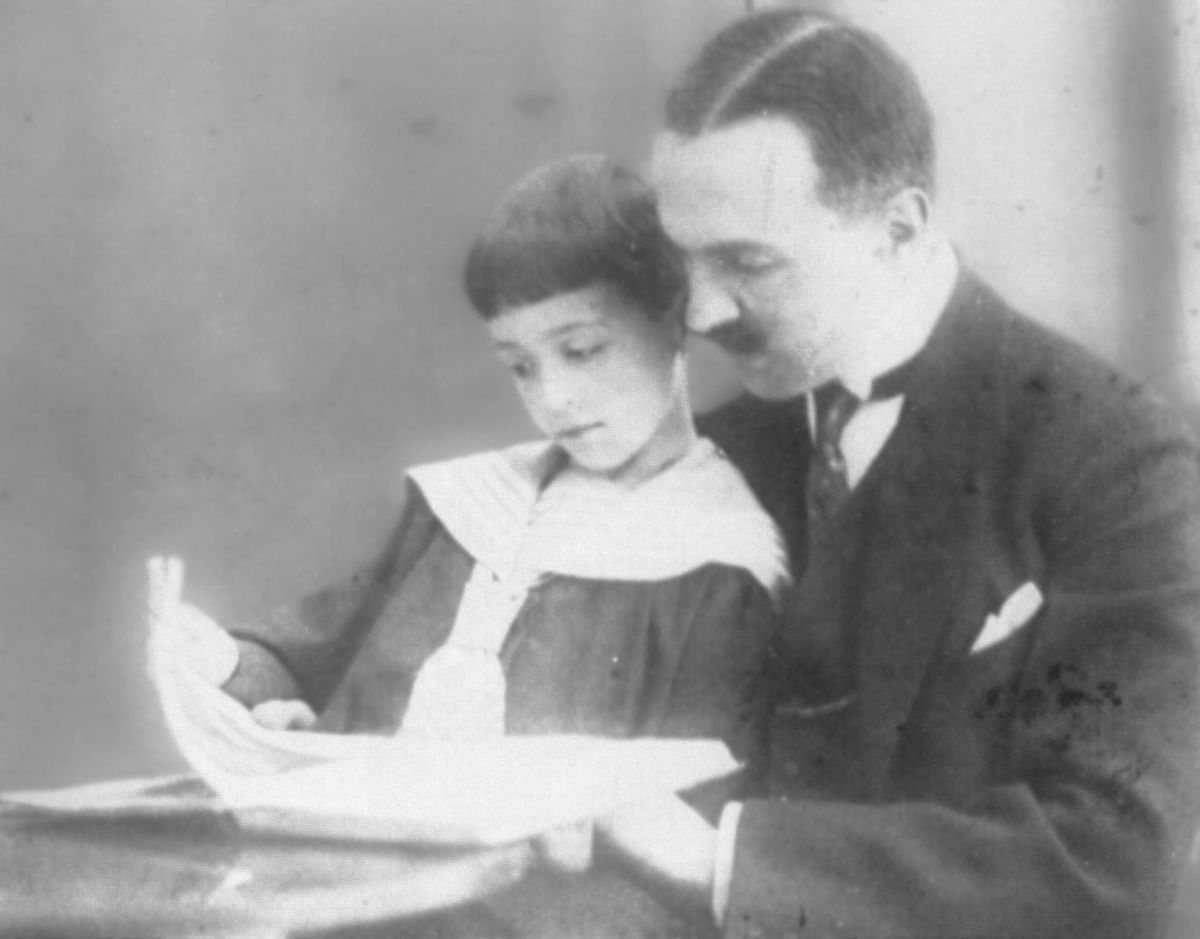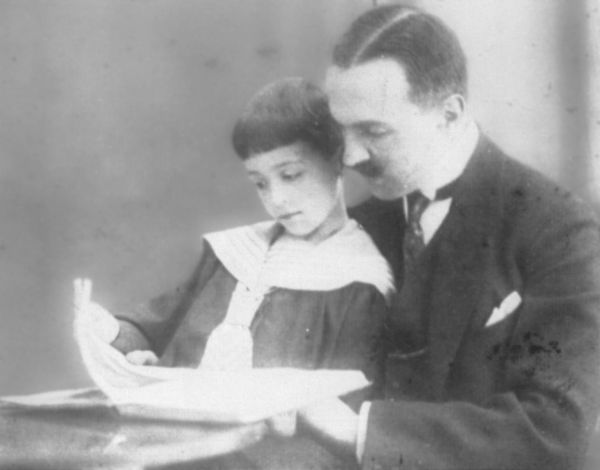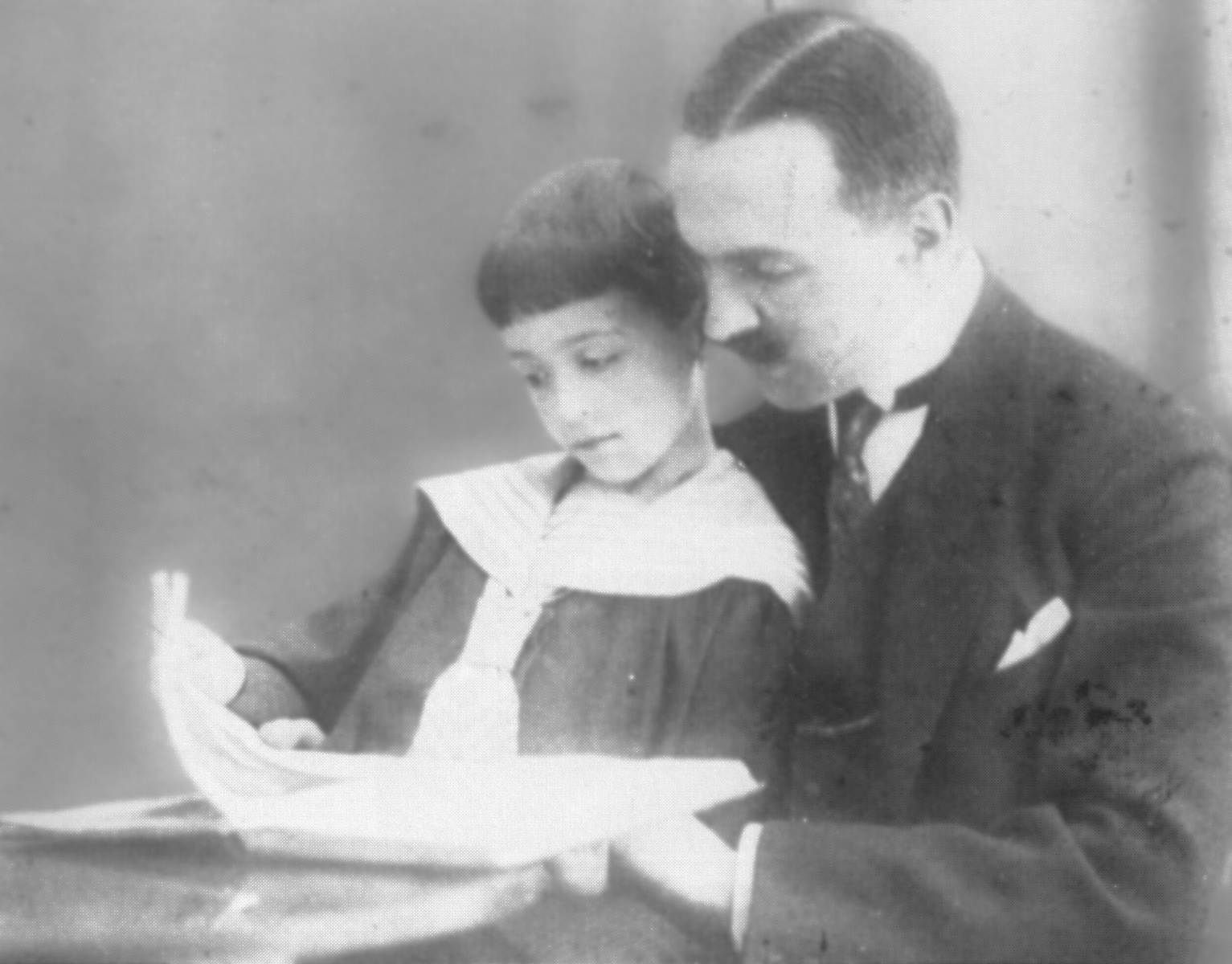There were two K. Regameys

Konstanty Kazimierz Régamey – pianist, composer, teacher, and editor of educational publications active in Kyiv before and after the October Revolution. Why has all the memory of that artist been lost? He was the father of the widely known composer and pianist Konstanty Regamey, professor of Oriental philology, working in Warsaw and (after World War II) in Lausanne, composer of Persian Songs, the Quintet, Lila double concerto, and the cantata Visions after the prophecies of Daniel. All the same, until recently next to nothing was known about Régamey Sr in either Poland or Switzerland. Konstanty Regamey Jr was brought to Warsaw by his mother Lidya Slavitch in 1920. His mother, who came from a mixed family and considered herself as Russian of the Orthodox confession, had decided to baptise her son in the Russian Orthodox church. She viewed Polish culture and the presence of the Polish language at their Kyiv home with disfavour though her husband Konstanty Kazimierz preferred to talk to his son in Polish. Facing the threat of civil war and hunger in Ukraine, however, she made up her mind to flee to Poland. This decision was influenced by her new relationship with a Polish officer, Jerzy Czechowicz, who made efforts to help her. This is how Konstanty the son found himself in Warsaw, while his father stayed back in Kyiv. Communication and contacts between the ‘bourgeois Polish republic’ as that country came to be called in the Soviet Union, and the Ukrainian Soviet Republic became exceedingly difficult. Whereas Konstanty Regamey entered the mainstream of Polish culture as a composer and music critic, later to become a leading progressive artist and music life organiser in Romandy (the French Switzerland) and is also remembered in the world’s academia as an eminent Oriental philologist, his father Konstanty Kazimierz has virtually disappeared from collective memory.
Jerzy Stankiewicz, Zapomniana postać Konstantego Kazimierze Regameya i jego nowo odnaleziony „Koncert fortepianowy fis-moll” op. 21, w: Sto lat muzykologii polskiej. Historia, teraźniejszość, perspektywy, red. Dagmara Łopatowska-Romsvik, Aleksandra Patalas, Musica Iagellonica, Kraków 2016, s. 257-275; przedruk w: Forum Muzykologicznym 2015-2016, Sekcja Muzykologów Związku Kompozytorów Polskich, Warszawa 2016, s. 75-90.



